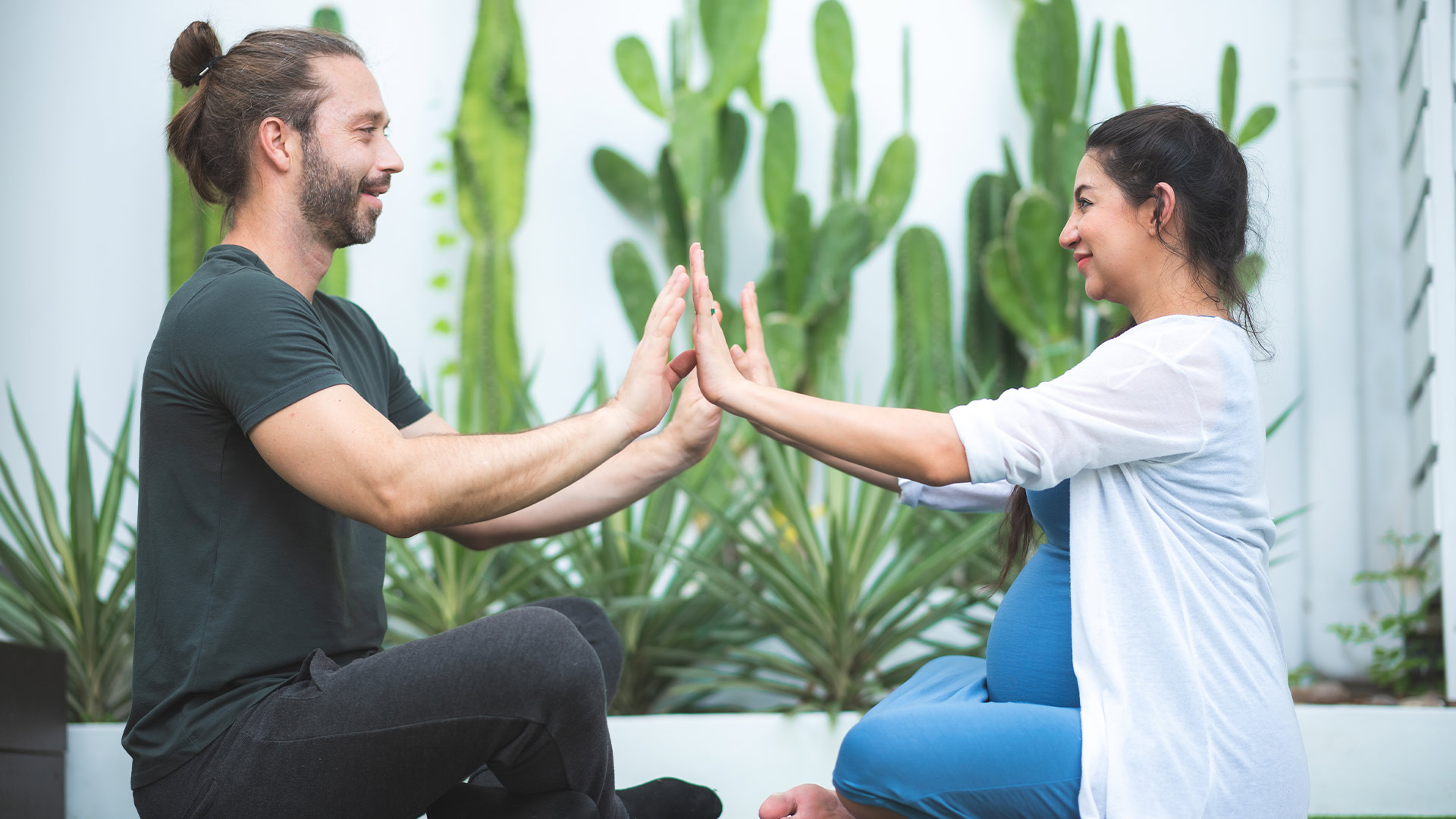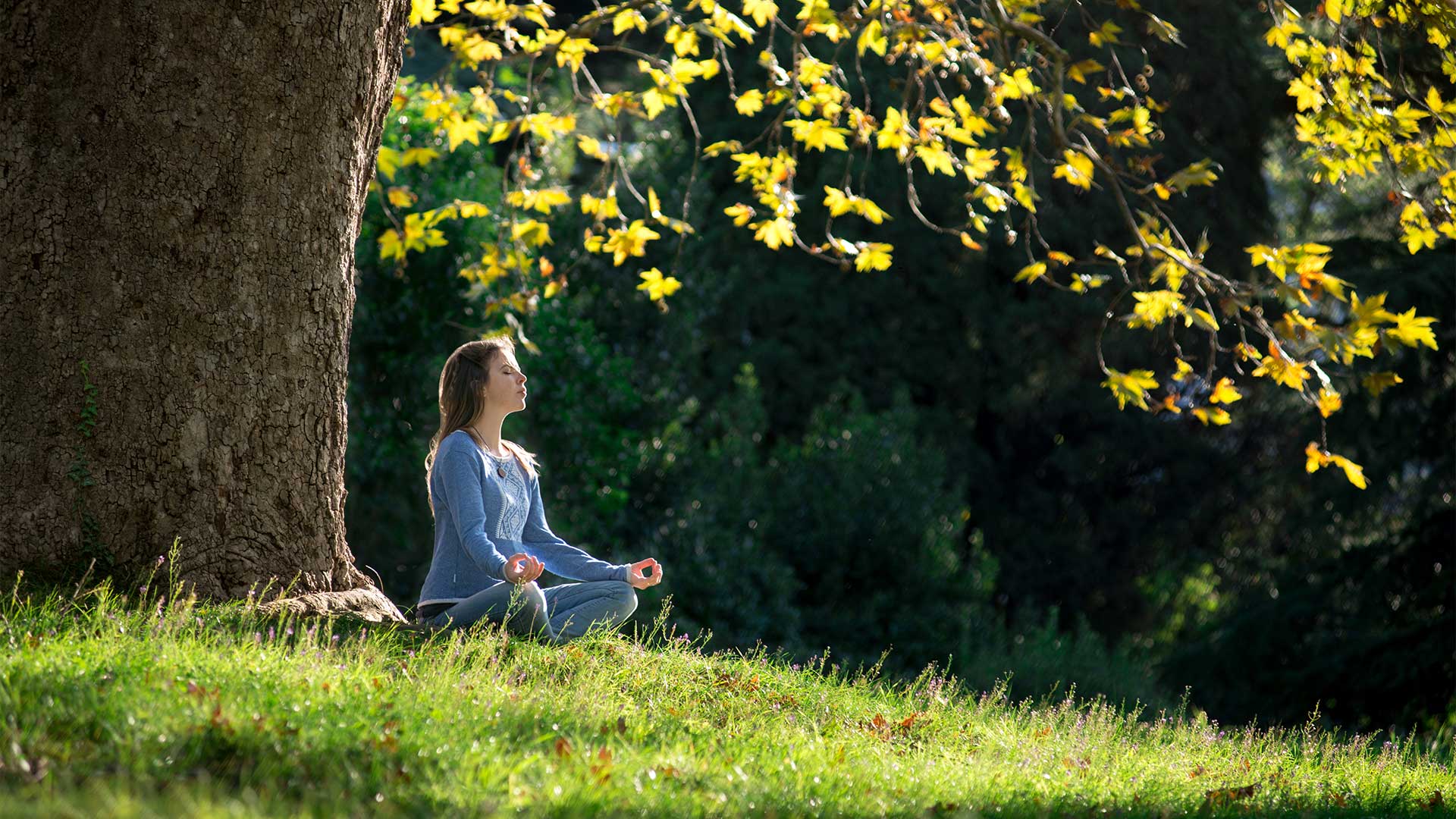The Healing Effects of Yoga on Aging Bodies and Minds
Whether you’re new to yoga or a seasoned pro, it’s never too late to reap the benefits of this timeless practice. Yoga isn’t just for the body – it’s a practice that nurtures the soul, and trust me, it can make you feel younger with every breath.

As we age, it’s natural to start noticing changes in our bodies – a little more stiffness, less flexibility, maybe a few extra aches and pains. But what if there was a simple, accessible way to help ease those changes and feel better both physically and mentally? Well, guess what – yoga might be your secret weapon!
Yoga isn’t just for flexible young folks doing fancy poses on Instagram. It’s for everyone – and it’s especially beneficial as we get older. Whether you’re in your 30s or your 70s, yoga can help you age gracefully by keeping your body flexible, your muscles strong, and your mind calm. So, let’s dive into how yoga can support the aging process and keep you feeling young, inside and out.
Why Yoga Is Perfect for Aging Bodies
As we age, our bodies naturally start to lose muscle mass, flexibility, and bone density. But don’t worry – yoga is here to save the day. Regular practice helps maintain and even improve muscle strength, flexibility, and joint mobility, which can make daily activities like bending over, getting up from a chair, or even just walking a lot easier.
1. Improved Flexibility
Flexibility tends to decrease with age, and let’s be real, it can make you feel stiff and a little "creaky." Yoga is fantastic for improving flexibility, especially in areas that become tight and stiff as we get older – like the hips, hamstrings, and back. Poses like Downward Dog and Child’s Pose are simple but effective for stretching and opening up the body, which can lead to less discomfort and more freedom of movement.
Real Example: Jane Fonda, a well-known actress and fitness enthusiast, swears by yoga to keep her body agile and flexible. At 80, she practices yoga regularly and credits it with helping her maintain mobility and a youthful attitude.
2. Strengthening Muscles and Bones
As we get older, our bones can become more fragile, and our muscles tend to weaken. Yoga can be a great way to counteract this natural process. Poses that require you to hold your body weight, like Warrior Pose or Plank, help build muscle strength and bone density. Strengthening your muscles is crucial for preventing falls and injuries, which can become more common as we age.
Real Example: Dr. Loren Fishman, a medical doctor and yoga teacher, has done extensive research on how yoga can prevent osteoporosis, a condition that weakens bones. His studies show that weight-bearing yoga poses help stimulate bone growth and improve bone density, especially for those with osteopenia or osteoporosis.
3. Joint Health and Mobility
Joints can become stiff and painful as we age, making it harder to move freely. Yoga can help keep your joints lubricated and healthy by encouraging smooth, controlled movements that stretch and strengthen the muscles around your joints. For example, Cat-Cow Pose and Seated Forward Fold are gentle movements that increase flexibility and circulation to the joints, reducing pain and stiffness.
4. Balance and Coordination
Yoga is amazing for improving balance and coordination, which are often a concern as we age. Poses like Tree Pose or Standing Balance Pose help strengthen the muscles in the legs, core, and hips, which are essential for keeping you steady on your feet. Improved balance can also reduce the risk of falls – a major concern for older adults.
Real Example: Tina Turner, who practiced yoga into her 70s, often spoke about how yoga helped her improve balance and posture. She was known for her energetic performances, and she credited yoga with keeping her body in tip-top shape despite the physical demands of her career.
Yoga for Your Mind: The Mental Benefits of Yoga as We Age
Yoga isn’t just great for your body – it’s fantastic for your mind too. As we age, we may start to experience changes in our mental health, such as stress, anxiety, or even cognitive decline. Yoga offers a calm, grounding practice that helps you stay mentally sharp, focused, and emotionally balanced.
1. Reducing Stress and Anxiety
One of the most well-known benefits of yoga is its ability to reduce stress. Stress can be particularly harmful as we age, leading to higher blood pressure, heart disease, and even mental health issues. Yoga teaches you to focus on your breath and to be present in the moment, which can significantly reduce the negative effects of stress.
Real Example: Oprah Winfrey is a huge advocate of yoga for mental wellness. She practices yoga regularly and has spoken about how it helps her manage stress and find peace of mind, even during her busiest days.
2. Improved Sleep
Getting a good night’s sleep becomes more challenging as we age, but yoga can help promote better sleep. Many poses help calm the nervous system and prepare the body for restful sleep. Poses like Legs Up the Wall or Savasana are great for winding down and reducing any tension that might keep you awake at night.
Real Example: Yoga teacher and author Tara Stiles emphasizes how restorative yoga can help with sleep issues. She suggests that a simple 10-minute evening practice focusing on breathwork and gentle stretches can make a world of difference for your sleep quality.
3. Enhancing Cognitive Function
Yoga can also benefit your brain! Regular practice can improve cognitive function, memory, and concentration. Some studies have even found that yoga can help slow down the onset of age-related cognitive decline by enhancing brain plasticity and promoting better circulation to the brain.
Real Example: A study published in the *Journal of Alzheimer's Disease* found that yoga significantly improved cognitive function in older adults, particularly those experiencing early-stage dementia. Participants who practiced yoga showed better memory retention and focus compared to those who did not practice yoga.
4. Improved Mood and Emotional Well-Being
Yoga helps release endorphins, which are the body’s natural “feel-good” chemicals. These chemicals help lift your mood, reduce anxiety, and promote a sense of well-being. This is especially important as we age, as mental health becomes just as important as physical health. Yoga’s calming effect on the nervous system can help you maintain emotional stability, even during challenging times.
How to Get Started with Yoga (It’s Never Too Late!)
By now, you might be thinking, “This sounds great, but I’m not exactly a yoga pro!” Don’t worry – yoga is for everyone, and it’s never too late to start. Here are a few tips to help you get started, no matter your age or fitness level:
1. Start Slow: If you’re new to yoga, begin with basic, gentle poses. Focus on building flexibility and strength gradually. Don’t push yourself too hard – yoga is about progress, not perfection.
2. Consider a Chair Yoga Class: If getting up and down from the floor is challenging, try chair yoga. Many yoga studios offer chair yoga classes for older adults, and there are plenty of online resources too. These classes allow you to experience the benefits of yoga without having to get on the floor.
3. Find a Yoga Teacher Who Understands Your Needs: Look for a teacher who has experience working with older adults or beginners. They’ll be able to modify poses to suit your abilities and provide the support you need to get the most out of your practice.
4. Practice Consistently: Like any form of exercise, yoga works best when practiced regularly. Aim for at least two to three sessions a week, even if it’s just 15–20 minutes each time.
5. Listen to Your Body: Yoga is all about listening to your body and practicing self-care. Don’t overdo it or push through discomfort. If something doesn’t feel right, adjust the pose or take a break.
Yoga isn’t just about being flexible – it’s about embracing a holistic approach to health. By keeping your body flexible, strong, and mobile, yoga helps you feel more youthful and energized. And by calming your mind, reducing stress, and improving mood, yoga promotes mental wellness that keeps you sharp and emotionally balanced. So, whether you’re new to yoga or a seasoned pro, it’s never too late to reap the benefits of this timeless practice. Yoga isn’t just for the body – it’s a practice that nurtures the soul, and trust me, it can make you feel younger with every breath.


